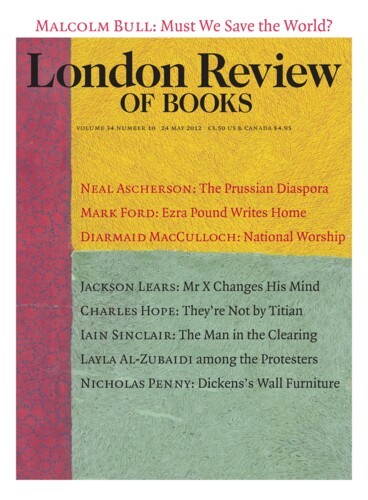'I saw and I heard. And I wish I hadn’t.'
On 1 January, Yassin al-Haj Saleh posted these words on his Facebook page. Al-Haj Saleh spent 16 years in Assad's prisons after being arrested as a student in the 1980s for being a member of a communist group. He is now a prominent dissident known for his sharp analysis of the Syrian conflict. I check his page every day.
The words were accompanied by a video. Clearly, one of the great many videos circulating showing the cruelty of the regime's militias, the widely feared shabiha. I hesitated before opening it. These videos are evidence. But it's always the same question: how badly will I regret seeing it?
Shabiha wearing military uniforms hold several young men hostage, somewhere on a staircase. The hostages face the wall, blindfolded, their hands cuffed behind them, their bent shoulders facing the camera. The uniformed men rip their shirts off and thrust long, thin knives into their backs and necks: as if they were slaughtering sheep. Slowly and artfully they stab, chopping flesh out until the men lie on the ground, bleeding, their screams muffled by the cloth around their faces. The shabiha pick up concrete blocks and smash them on the bodies on the ground, breaking their bones and skulls. White dust fills the frame. The shabiha shake it off their hands. It looks almost as though they are clapping, congratulating themselves. Not the slightest sign of discomfort: they are chatting and laughing. Their intent wasn't only to kill: carrying guns, they could have shot their adversaries. They wanted to inflict pain, to demonstrate power, to show that the enemy is subhuman. Five minutes so unbearable that one commenter on the post writes: 'That's the first time in my life watching something has made me dizzy. I'm still trying to catch my breath, to remember I'm human.'


